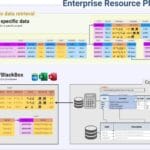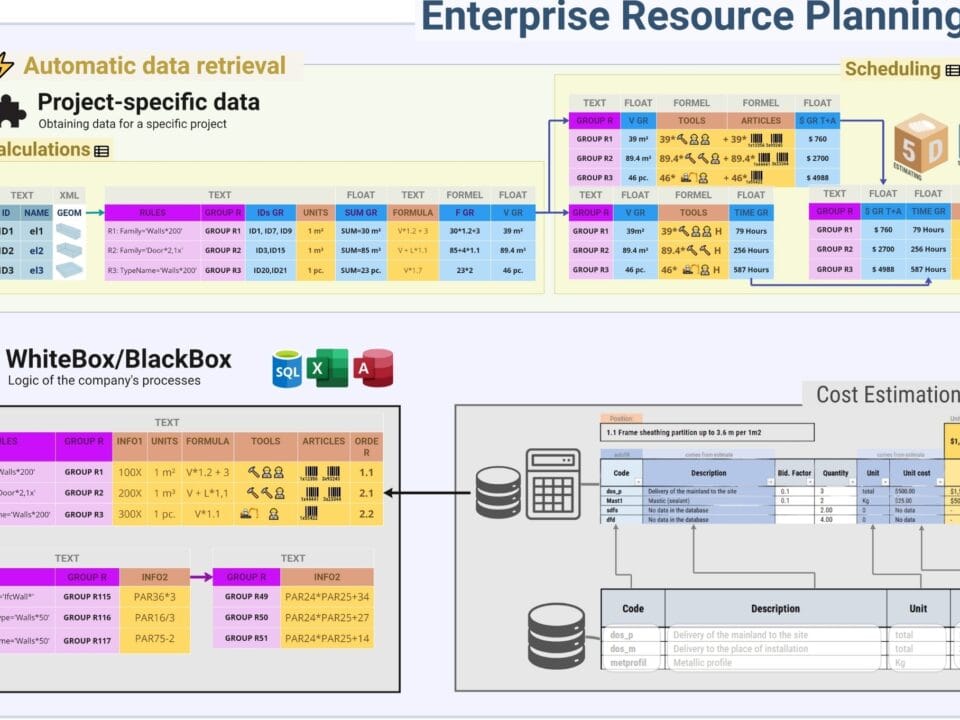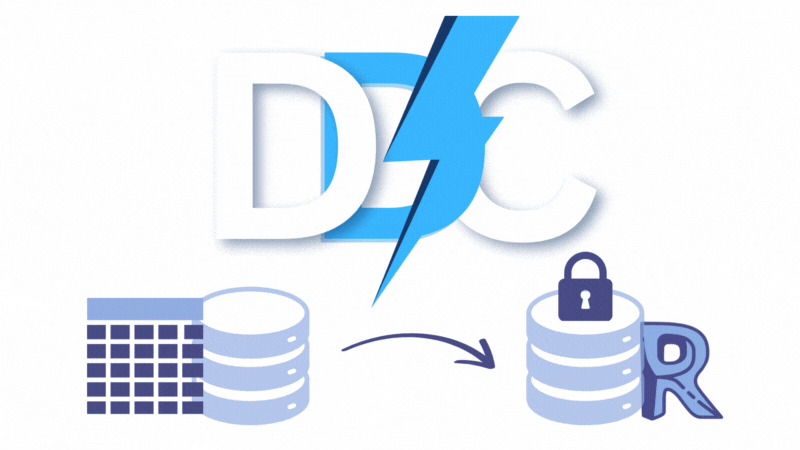Unlike ERP, which covers the entire chain of a company’s business processes, PMIS focuses on managing a specific project, monitoring timelines, budgets, resources and documentation.
PMIS (Project Management Information System) is construction project management software designed to plan, track, analyze and report on all aspects of a project.
PMIS allows you to manage documents, schedules, budgets and at first glance, PMIS may seem like a duplicate solution to ERP, but the key difference is the level of management:
ERP is focused on the business processes of the company as a whole: managing costs, contracts, procurement, human resources and resources at the corporate level.
PMIS focuses on managing individual projects, providing detailed planning, change control, reporting, and participant coordination.
In many cases, it is the ERP -systems that already have sufficient functionality, and the implementation of PMIS becomes more a matter of convenience and company preference. Many contractors and customers use PMIS not because it is necessary, but because it is imposed by the vendor or a large customer who wants to aggregate data on a particular platform.
It should be mentioned that in the international terminology for construction project management there are other separate popular concepts such as PLM (Product Lifecycle Management) and EPC and EPC-M (Engineering, Procurement and Construction Management) – contracting methods in the construction industry.
If a company already uses ERP with project management modules, the implementation of PMIS may be an unnecessary link that duplicates functionality. However, if processes are not automated and data is fragmented, PMIS can be a more convenient and easy to maintain tool.



















